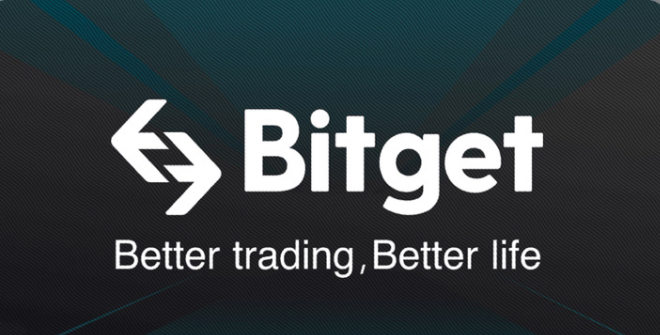Keys are generated via a distributed key generation technique in MPC technology.
The MPC wallet offers a “mnemonic-free” user experience.
Bitget, a crypto exchange and derivatives platform, has released a new wallet service that utilizes multiparty computation (MPC) to enhance security and handling of keys. The platform has used MPC to revamp private key and asset management since releasing their account abstraction wallet service driven by Ethereum scaling protocol Starknet in July 2023.
Keys are generated via a distributed key generation technique in MPC technology. With each party controlling a portion of the keys. This allows for a procedure that requires the signature and authorization of the owners of distributed private key shares.
Better User Experience
To eliminate the need for users to keep track of or memorize mnemonic phrases and private keys, the MPC wallet offers a “mnemonic-free” user experience. Bitget promotes the use of password-based authentication for managing assets. Since it removes the possibility of a single private key being compromised.
The development, according to the trade, is meant to resemble the familiar Web2 product and service user experience. More specifically, Bitget’s MPC wallet employs a 2/3 threshold setting, secure “large prime numbers,” and a threshold signature mechanism.
The latter feature is tailored at consumer-level users. Since it lowers the threshold for signature authorization to no more than two-thirds of the total key shares. A secondary cloud server stores the last key sharing, increasing the amount of decentralization and security provided.
When a new device is linked to the MPC wallet, the previous device’s key shares are rendered invalid. The hope is that doing so would prevent sensitive information from being stored on obsolete or forgotten devices, which may then be hacked.

